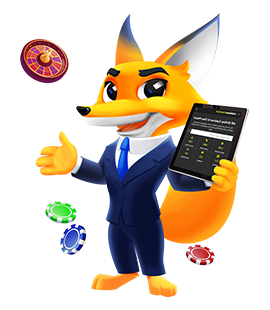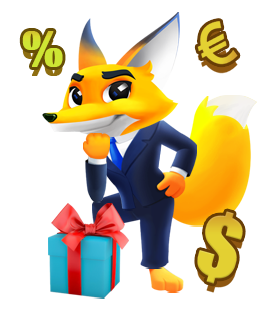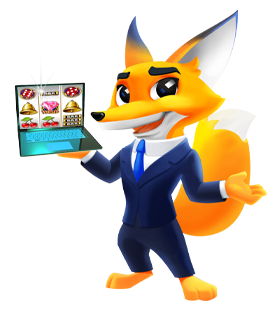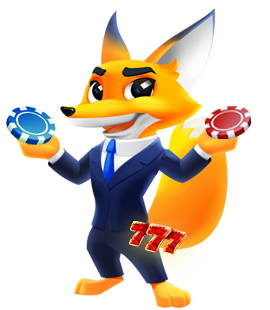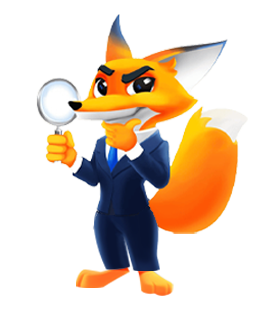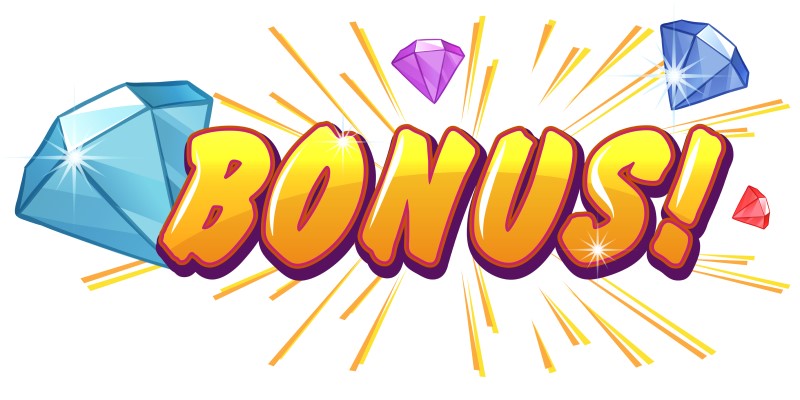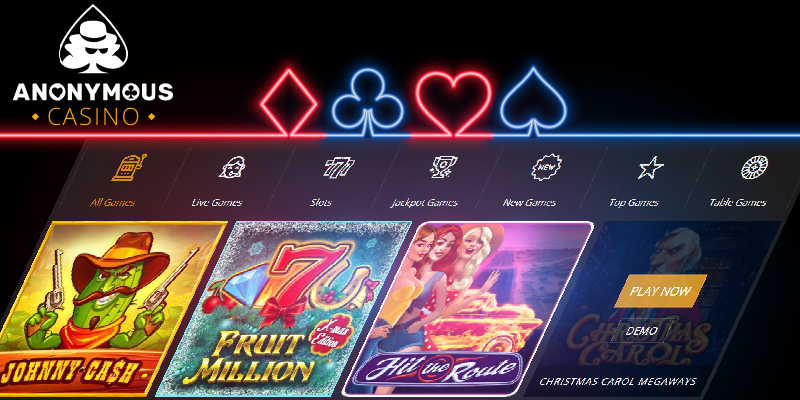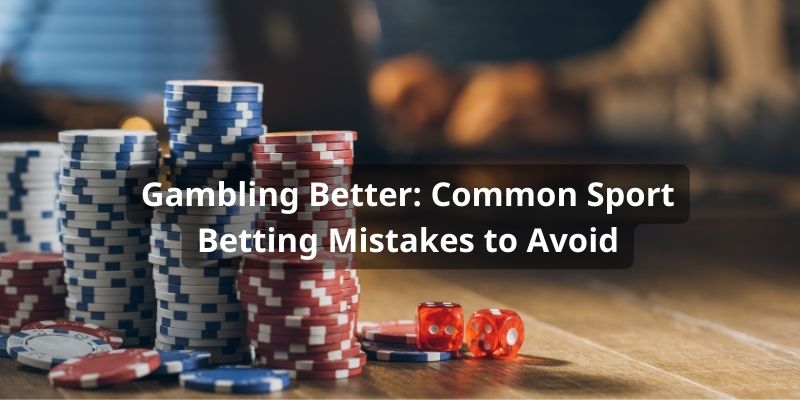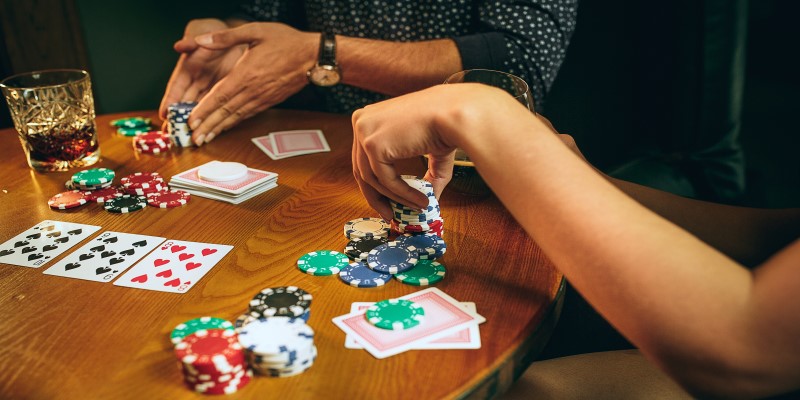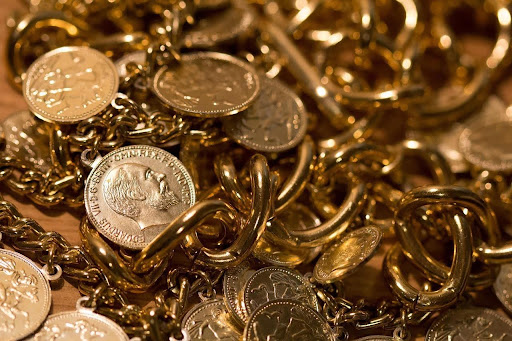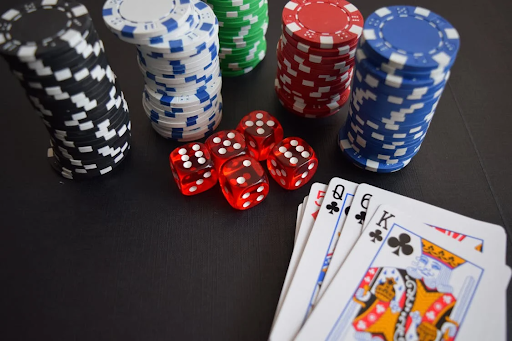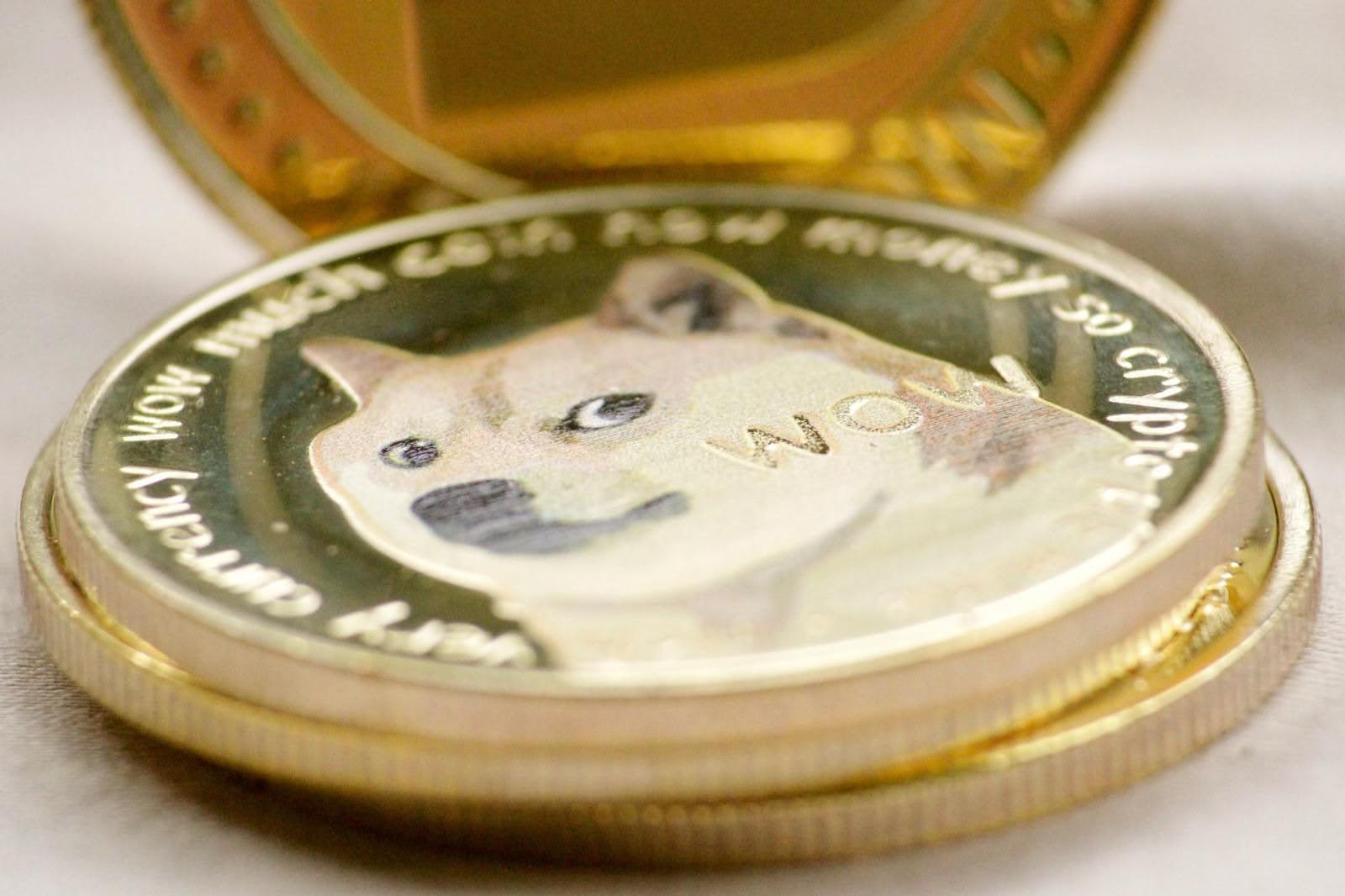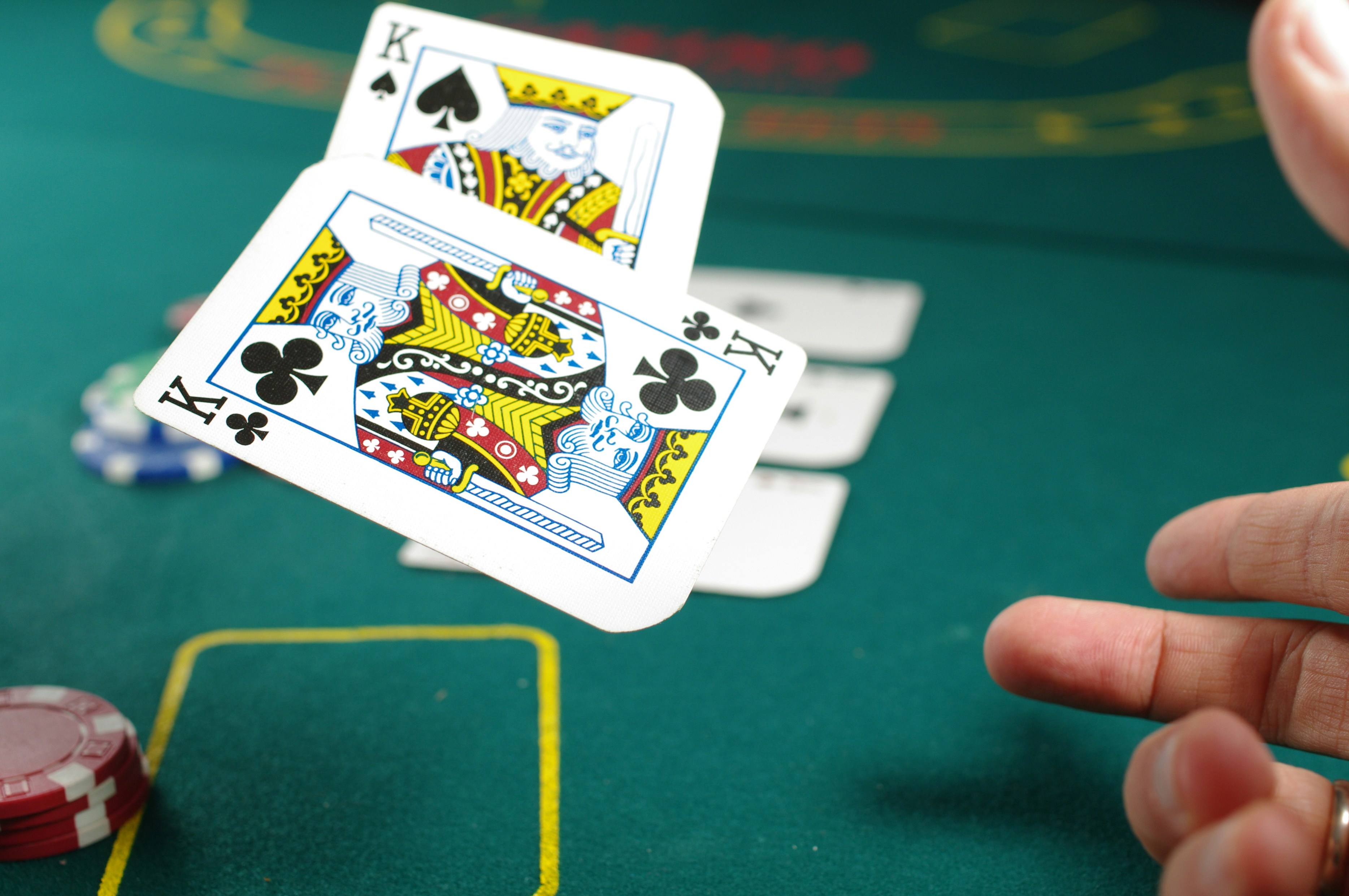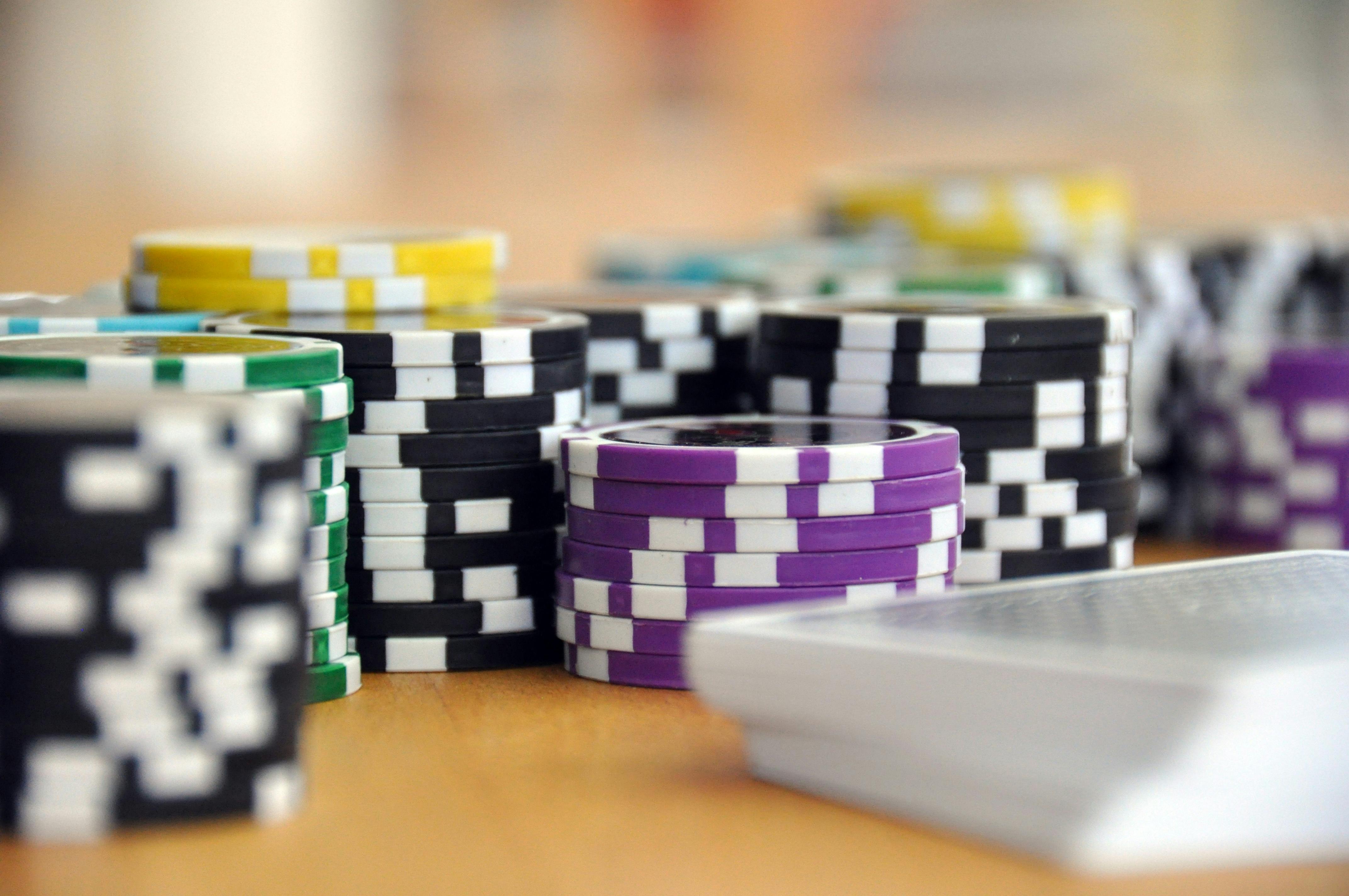How to Become a Poker Dealer - (Updated 2025)
The thrill of the game, the palpable energy at the table, the potential for impressive earnings – a career as a professional poker dealer combines excitement with financial reward. Do you have a passion for poker and dream of turning it into a fulfilling profession? If so, you're in the right place.
This comprehensive guide will walk you through the step-by-step process of becoming a professional poker dealer, including the skills you'll need to master and the potential salary you could earn.
1. How to Become a Poker Dealer
While the base salary for poker dealers can range from $16,568 to $25,788 annually according to Salary.com, the real earning potential lies in the tips. Hourly rates can vary significantly from $6 to $23 as reported on Glassdoor, demonstrating the impact of tips on overall income. Tournament dealers' salaries are less predictable, with estimations varying widely depending on the event's scale and prestige.

Several factors influence a poker dealer's salary, including:
- Experience and skills: Seasoned dealers with expertise in various poker games and exceptional customer service skills often command higher base salaries and attract more generous tips.
- Location: Salaries and tipping practices differ across regions. Dealers in bustling casino hubs or high-stakes poker rooms typically earn more than those in smaller establishments.
- Type of casino: Upscale casinos and those hosting major tournaments often offer better compensation packages than local card rooms.
- Table activity: The size of the pots and the stakes of the game directly impact the potential tips a dealer can earn. High-stakes games naturally lead to larger tips.
- Shift and table popularity: Peak hours and popular tables usually attract more players, increasing tipping opportunities.
Tips: A significant portion of a poker dealer's income comes from tips, making excellent customer service and game management crucial. Building rapport with players, maintaining a friendly demeanor, and efficiently handling the game can significantly boost your tips. |
>>> You may also be interested in: Casino Dealer Salary
Poker Dealer Job Description: Responsibilities & Requirements
A poker dealer's role extends far beyond simply distributing cards. They are the backbone of the game, ensuring its smooth operation and maintaining a fair and enjoyable environment for all players.
Key Responsibilities
- Dealing cards: Accurately and efficiently dealing cards to players according to the specific poker game's rules.
- Managing chips: Handling chip transactions, including exchanging cash for chips, paying out winnings, and collecting losing bets.
- Overseeing the game: Monitoring the game's progress, announcing actions, and ensuring adherence to the rules.
- Enforcing rules: Addressing any rule infractions or disputes that may arise during the game, maintaining order and fairness at the table.
Skill Requirements
- Dexterity and accuracy: The ability to shuffle and deal cards swiftly and accurately is essential.
- Math skills: Mental arithmetic is crucial for calculating payouts and managing chip transactions efficiently.
- Communication skills: Clear and effective communication is vital for interacting with players, explaining rules, and resolving any issues.
- Patience: Maintaining composure and patience, especially when dealing with challenging players or situations, is paramount.
Knowledge Requirements
- Poker rules: An in-depth understanding of the rules and procedures of various poker games is mandatory.
- Popular poker variations: Familiarity with popular poker variations like Texas Hold'em, Omaha, and Seven-Card Stud is crucial.
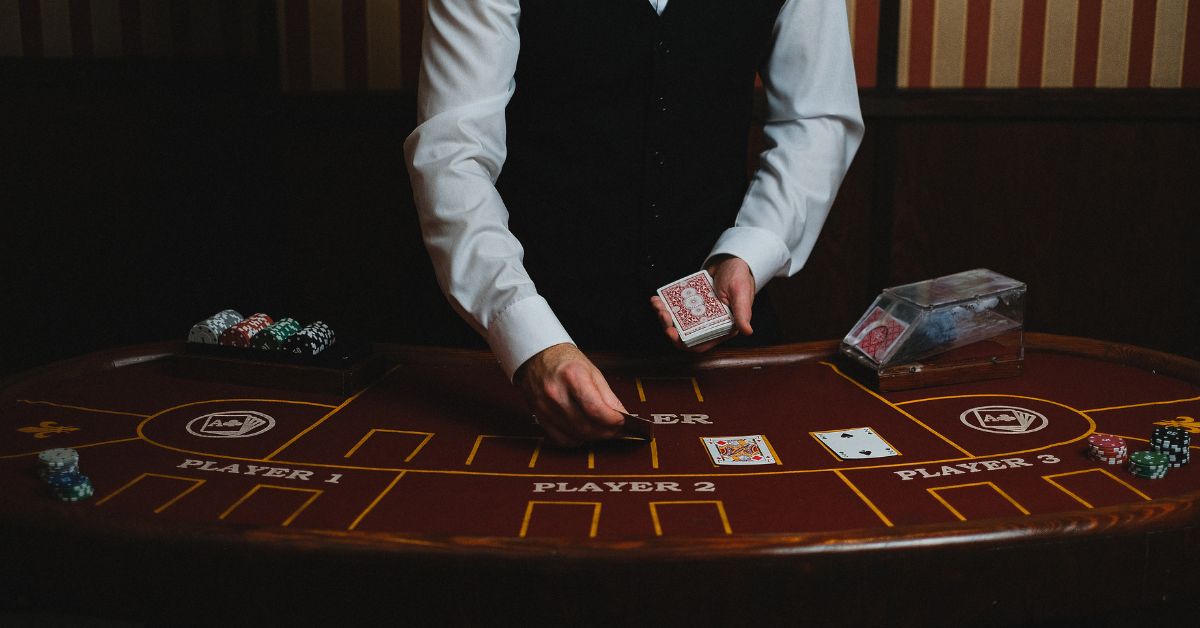
Physical Requirements
- Stamina: The ability to stand for long periods, often in a fast-paced environment, is required.
- Manual dexterity: Good hand-eye coordination and nimble fingers are essential for handling cards and chips.
Additional Skills and Traits
A successful poker dealer possesses a unique blend of technical skills and personality traits that contribute to a positive gaming experience. These include:
- Quick math skills: The ability to calculate payouts and odds on the fly.
- Hand reading ability: Quickly assessing player hands and potential winning combinations.
- Poker knowledge: A deep understanding of poker hand rankings, table etiquette, and game variations.
- Clear communication: Articulating rules, guiding players, and resolving conflicts effectively.
- People skills: Building rapport with players and creating a friendly atmosphere.
- Conflict resolution: De-escalating tense situations and resolving disputes fairly.
- Attention to detail: Monitoring the game for any irregularities or potential cheating.
- Focus and concentration: Maintaining focus amidst distractions and multitasking efficiently.
- Friendly and patient demeanor: Creating a welcoming environment for all players.
- Calm Under Pressure: Handling stressful situations with composure and maintaining professionalism.
- Assertiveness: Enforcing rules and maintaining control of the game when necessary.
Aspiring poker dealers can enhance their skills by completing a dealer training program or gaining experience in a card room setting, even though formal education is not always necessary. With the right combination of skills and personality traits, poker dealers excel in their roles, upholding the integrity of the game and creating a positive experience for players.
Steps to Become a Professional Poker Dealer
To start your career as a professional poker dealer, you need to take a series of steps to acquire the necessary skills and knowledge:
Step 1: Learn poker rules and variations (Texas Hold'em, Omaha, Stud, etc.)
A strong poker knowledge base is crucial. Get familiar with the rules, hand rankings, betting structures, and table etiquette of popular games like Texas Hold'em, Omaha, and Stud. You can boost your understanding through online resources, books, and even by playing the game yourself.
Step 2: Practice dealing cards and managing chips (self-study or courses)
To become a skilled dealer, you need to practice the technical aspects of dealing. You can improve your shuffling, dealing, chip handling, and game management skills by enrolling in a dealer training program or watching online tutorials.

Formal dealer training:
- Dealer schools & training programs: Many casinos prefer dealers with formal training. These programs can cost from a few hundred dollars for individual classes to a few thousand dollars for full certification.
- In-House training: Some casinos offer their own training programs, often waiving the cost if you commit to working there afterwards. Check if your target casino offers this option.
- Prerequisites: Depending on the casino, you may need prior experience as a casino dealer, poker player, or in customer service within the hospitality/gaming industry.
Step 3: Research casinos and their poker dealer hiring process
Locate casinos near you that feature poker games. Then, research their specific hiring practices. You can find this information on their websites or by contacting their human resources departments directly.
Step 4: Apply for jobs and attend interviews
Submit your applications and get ready for interviews. During your interviews, highlight your poker knowledge, technical skills, and customer service abilities. You should also practice answering common interview questions and show your enthusiasm for the game.
Step 5: Complete the casino's training program (if applicable)
If you get hired, some casinos might ask you to finish their specific training program, even if you have experience. This helps you learn their procedures and standards.
By following these steps and always improving your skills, you can build a successful career as a professional poker dealer. You'll combine your passion for the game with a fulfilling job.
Step 6: Get your gaming license
In most states, you need a gaming license if you handle money or oversee games, including poker dealing. The specific requirements vary, but you must typically meet the following criteria:
- Age: You must be at least 18 or 21 years old, depending on the state’s regulations.
- Education: You need a high school diploma or GED equivalent.
- Clean Record: You cannot have a criminal history that disqualifies you from handling money or working in a gaming environment.
- Drug Screening: You must pass a drug test as part of the application process.
- Background Check and Biometrics: You must undergo a thorough background check and provide fingerprints for identification.
“Please note that you can usually apply for a gaming license only after receiving a job offer from a casino, tournament, or other legal gaming establishment. The casino will guide you through the application process and typically cover any associated fees.” |
Finding Poker Dealer Jobs
Once you've polished your skills and gained experience, it's time to start your job search for poker dealer positions. Here are a few effective approaches you can take:
Job Search Channels
- Job boards: Use online job boards like Indeed, Monster, and LinkedIn to find poker dealer openings in your area. You can refine your search by city, state, or specific casinos to focus your efforts.
- Social media: Follow casinos and poker rooms on social media platforms to stay updated on potential job openings and industry news. Networking with industry professionals can also open doors to valuable leads.
- Direct contact: Reach out to casinos directly through their websites or by contacting their human resources departments. You can inquire about open positions or express your interest in future opportunities.
Crafting a Compelling Resume and Cover Letter
Crafting a compelling resume and cover letter is essential to capture the attention of potential employers. Here's how to make yours stand out:
- Highlight skills: Make sure your resume and cover letter clearly showcase your poker knowledge, technical skills, and customer service abilities. These are key qualities that employers look for in a poker dealer.
- Quantify experience: Include any relevant experience you have, even if it's not directly related to poker dealing. Use numbers and specific examples to quantify your achievements. For example, if you've worked in a customer service role, mention how many customers you assisted on a daily basis or any positive feedback you received. This helps demonstrate your capabilities and work ethic.
- Tailor applications: It's important to customize your resume and cover letter for each position you apply to. Carefully review the job description and highlight the skills and experiences that directly align with the specific requirements of that role. This shows that you've taken the time to understand the position and that you're a serious candidate.
Remember, your resume and cover letter are your first impression on potential employers. By showcasing your skills, quantifying your experience, and tailoring your applications, you'll increase your chances of landing an interview and ultimately securing a job as a poker dealer.
Preparing for Interviews
Preparing for interviews is key to making a great impression. Start by researching common interview questions for poker dealers and practicing your answers. Be prepared to discuss your knowledge of poker rules and procedures, your technical skills like shuffling and dealing, and any customer service experience you have.

During the interview, let your passion for poker shine through. Talk about why you enjoy the game and how you plan to contribute to a positive and enjoyable gaming environment. Remember, first impressions matter, so dress professionally in attire that conveys a polished and capable image.
By actively searching for jobs, submitting strong applications, and preparing thoroughly for interviews, you'll significantly increase your chances of landing a fulfilling position as a professional poker dealer. It takes effort, but with dedication and preparation, you can turn your love for the game into a rewarding career.
Tips for Becoming a Great Poker Dealer
Beyond the essential skills and knowledge, certain qualities and practices can elevate you from a good poker dealer to a great one. These tips can help you excel in your role and provide an exceptional experience for players:
- Maintain a professional and calm demeanor: Projecting a professional image and remaining calm under pressure is crucial. Even in tense or challenging situations, maintain your composure and address issues with a level head.
- Communicate effectively with players: Clear and concise communication fosters a positive atmosphere at the table. Explain rules clearly, announce actions distinctly, and interact with players in a friendly and respectful manner.
- Improve card dealing and chip Handling Skills: Practice consistently to refine your card handling and chip management techniques. Swift and accurate dealing enhances the game's flow, while efficient chip handling ensures smooth transactions.
- Learn from Colleagues and Supervisors: Actively seek feedback from experienced dealers and supervisors. Observe their techniques, ask questions, and be open to constructive criticism to continually improve your skills.
Pros & Cons of How to Become a Poker Dealer
Like any profession, being a poker dealer has its ups and downs.
Pros:
- Combining base pay and tips, dealers can make a decent living, especially in high-stakes games or busy casinos. Experienced dealers can earn $30,000 - $60,000 or more per year.
- The casino atmosphere is fast-paced and energetic, with no two days alike.
- You'll interact with a diverse range of players, expanding your social circle.
Cons:
- Casinos are open 24/7, meaning you'll likely work nights, weekends, and holidays.
- Handling money, managing games, and dealing with difficult players can be demanding.
- Some casinos still allow smoking, which can be a health concern.
Becoming a professional poker dealer is an exciting blend of passion and profession. Master the rules, practice your skills, and cultivate those essential soft skills to build a successful career in the fast-paced casino world.
It all starts with solid poker knowledge and a commitment to learning. Explore dealer training programs, connect with industry folks, and actively look for job openings. With persistence and professionalism, your love for poker can translate into a rewarding career.
Ready to deal? Start today! Research courses, update your resume, and apply for those poker dealer jobs. The thrill of the game and the potential for great earnings await.
FAQs
Do you need a degree to be a poker dealer?
No, a formal degree isn't typically required to become a poker dealer. However, a high school diploma or GED equivalent is often necessary. The focus is on mastering poker rules, developing technical skills, and demonstrating strong customer service abilities. Formal dealer training programs or relevant experience can significantly boost your chances of securing employment.
Can you be a part-time poker dealer?
Yes, many casinos offer part-time poker dealer positions, providing flexibility for individuals with other commitments or those looking to supplement their income. Part-time work allows you to gain experience and build your skills while balancing other priorities.
How do you deal with difficult players?
Dealing with challenging players is an inevitable part of being a poker dealer. It's crucial to remain professional, calm, and composed. Effective communication, conflict resolution skills, and the ability to de-escalate tense situations are essential. If a player becomes abusive or unruly, seek assistance from a supervisor or security personnel. Remember, your primary goal is to maintain a fair and enjoyable gaming environment for all players.

